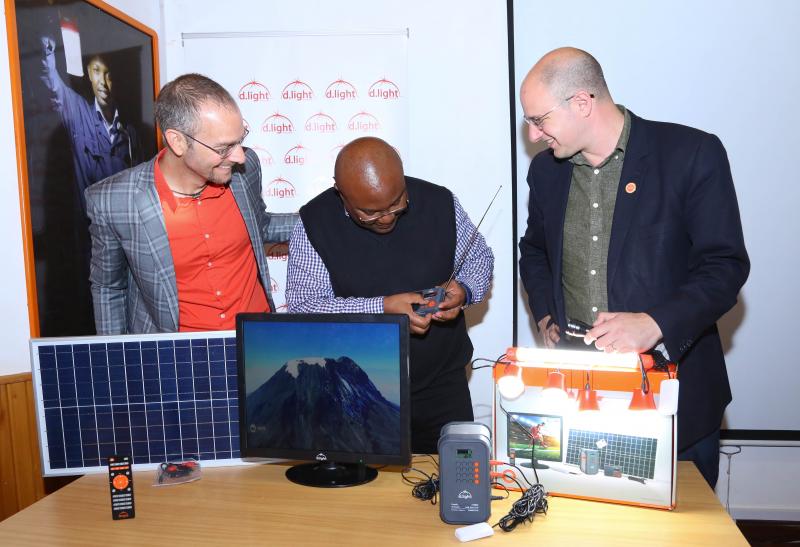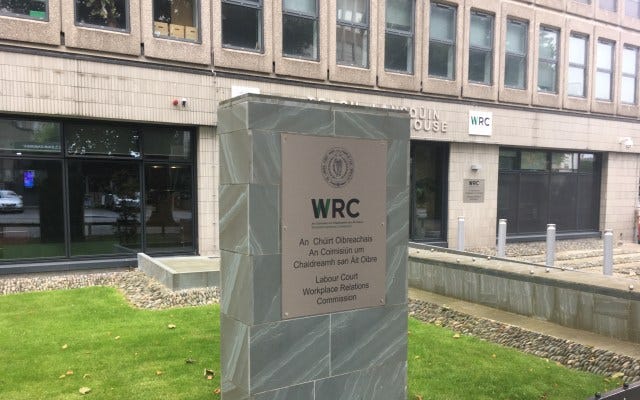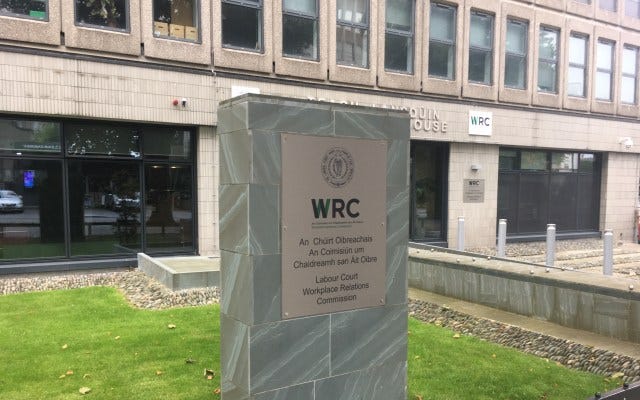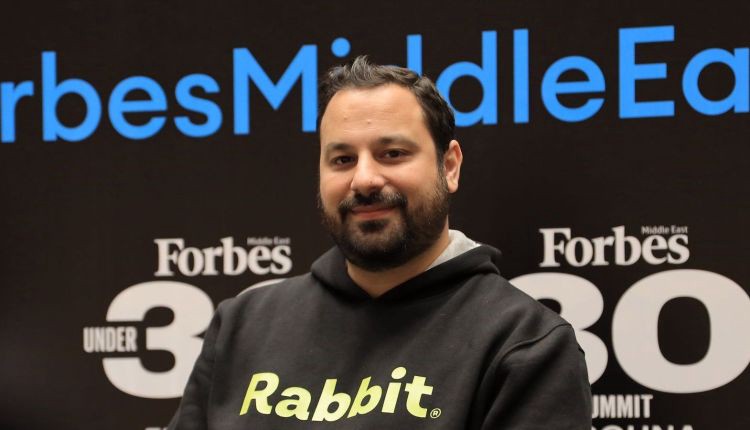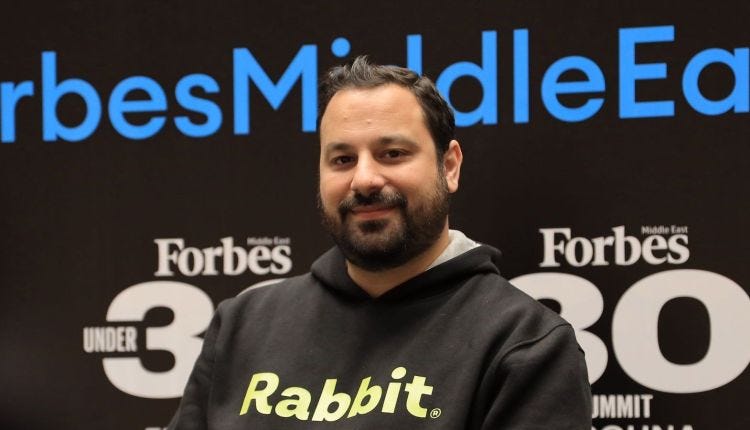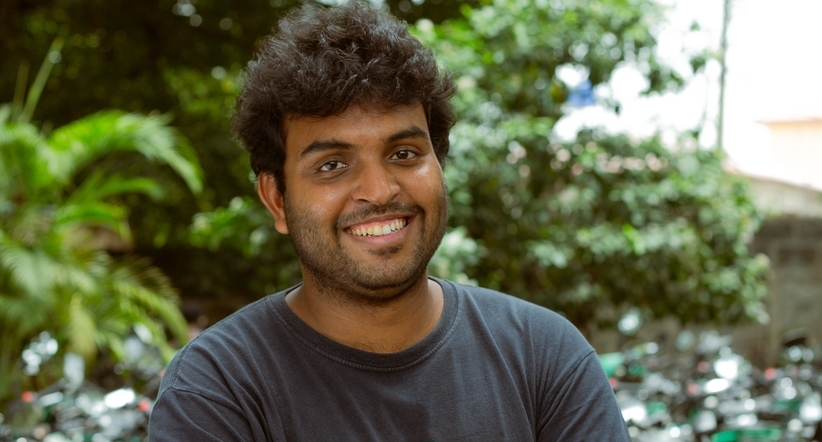d.light Secures $125 Million Investment to Power Up Off-Grid Solar Solutions in Tanzania
d.light, a company specializing in off-grid solar solutions tailored for low-income households, recently concluded a significant funding round, securing a total of $125 million. This funding has been acquired through a securitization facility, strategically aimed at addressing the increasing demand for off-grid solar products in Tanzania.
The infusion of new funds is intended to accelerate the expansion of its low-cost PayGo personal finance segment. Notably, this expansion is concurrent with the augmentation of its existing securitized financing facility in Tanzania. This move contributes to bolstering d.light’s financing through securitization to a substantial sum of $490 million, dating back to 2020.

In conjunction with its lending partner African Frontier Capital (AFC), d.light is capitalizing on the raised capital as the foundation for a fresh financing entity named Brighter Life Tanzania 1 Limited (BLT1). Noteworthy achievements include d.light’s attainment of 150 million customers, marked by the sale of over 30 million products in May.
read also South African Solar Energy Firm GoSolr Receives New Investment from African Rainbow Capital
Reasons Behind the Investment
The company has demonstrated its prowess as a frontrunner in the off-grid solar sector, catering to the underserved low-income population. This success is underscored by d.light’s achievement of the impressive milestone of 150 million customers, signifying its capacity to effectively penetrate its target market.
Moreover, the demand for off-grid solar products in regions like Tanzania has been on the rise due to a confluence of factors. These include the inherent challenges of traditional energy infrastructure, which often fails to reach remote or economically disadvantaged areas. d.light’s emphasis on affordability and sustainability aligns with the market’s needs and positions the company as a reliable solution provider.
The financial structure, particularly the PayGo model, has proven its efficacy in Tanzania and other regions. The ability to leverage customer payments for expansion not only ensures business growth but also aligns with the financial realities of the target customers, making it a symbiotic arrangement. The involvement of established institutions like the TDB Group further bolsters investor confidence in the feasibility of this financing approach.
A Look at d.light
Founded in 2007 at Stanford, California, d.light has evolved into a prominent player in the off-grid solar industry. Its founders established the company with a vision to address the energy needs of low-income households, focusing on regions where conventional energy infrastructure struggles to reach. The company’s operational headquarters are split between Nairobi and Palo Alto, California. While its origin lies in California, d.light’s impact is most profound in regions like Tanzania, where the demand for reliable and affordable off-grid energy solutions is robust.
read also Mauritius-based d.light Receives $1.9M New Funding from Swedfund for Energy Solutions in Africa
d.light’s product lineup spans a wide spectrum of solar-powered devices that cater to various household needs. Ranging from lanterns and cookstoves to comprehensive solar home systems, TVs, radios, and even smartphones, the company’s offerings are designed to enhance the lives of those with limited access to traditional energy sources.
Beyond the product spectrum, d.light has ventured into the realm of consumer finance through its PayGo model. This model has proven to be a pivotal driver of both customer access and business growth. By scaling up this model, d.light aims to extend its reach even further among low-income families in Tanzania, ensuring that access to sustainable energy remains affordable and practical.
In collaboration with African Frontier Capital (AFC), d.light has introduced Brighter Life Tanzania 1 Limited (BLT1) as a strategic financing vehicle. This innovation not only underlines d.light’s commitment to innovative funding but also emphasizes its proactive approach to addressing energy access challenges in emerging economies. As evidenced by its achievements and sustained growth, d.light continues to shape the off-grid solar landscape while concurrently advancing financial inclusion and sustainable development.
Charles Rapulu Udoh

Charles Rapulu Udoh is a Lagos-based lawyer, who has several years of experience working in Africa’s burgeoning tech startup industry. He has closed multi-million dollar deals bordering on venture capital, private equity, intellectual property (trademark, patent or design, etc.), mergers and acquisitions, in countries such as in the Delaware, New York, UK, Singapore, British Virgin Islands, South Africa, Nigeria etc. He’s also a corporate governance and cross-border data privacy and tax expert.
As an award-winning writer and researcher, he is passionate about telling the African startup story, and is one of the continent’s pioneers in this regard

